China plans to expand the application scenarios for data in 12 key fields, including smart manufacturing, modern agriculture, trade circulation, transportation and financial services, as part of its broader efforts to foster new growth drivers and fully unleash the value of its massive data resources, the country's top regulator for data governance said on Friday.
Shen Zhulin, deputy head of the National Data Administration, said as a new factor of production, data elements are being gradually integrated into every aspect of production, consumption, circulation, distribution and social service management, becoming a key driving force behind the high-quality development of the economy.
Noting that the utilization of data elements is still in its initial stages, Shen said the country will issue a three-year action plan soon to bolster their application, improve the efficient allocation of data resources, as well as nurture new industries and novel business models.
More efforts are needed to step up the supply of public data resources, optimize the environment for data circulation, promote the efficient and safe flow of data and strengthen data security, he added.
The administration's approach to increasing application scenarios for data has been welcomed by many as a step in the right direction.
"The country's latest moves to enrich the application scenarios of data are conducive to activating the potential of data elements, giving full play to the multiplier effect of data and facilitating the development of the country's digital economy," said Ouyang Rihui, assistant dean of the China Center for Internet Economy Research at the Central University of Finance and Economics.
Data elements are playing an increasingly important role in speeding up industrial upgrades, Ouyang said, while emphasizing the need to boost the sharing, circulation and trading of data.
The country introduced 20 key measures last December aimed at establishing basic systems for data and putting data resources to better use. The basic systems will involve the establishment of a data property rights system, a circulation and trading system, a revenue distribution system and a security governance system.
Mei Hong, an academician at the Chinese Academy of Sciences, said that digital transformation in traditional industries, such as manufacturing, transportation and energy, has become the main battlefield in the development of the digital economy.
He said that more efforts should be made to establish a data elements market, to promote the confirmation of data-related rights, and to explore a data pricing mechanism and value assessment system, in order to give full play to the value of data.
Statistics from the National Industrial Information Security Development Research Center showed that the revenue derived from China's data elements market is projected to rise from 81.5 billion yuan ($11.5 billion) in 2021 to 198.9 billion yuan in 2025, with the compound annual growth rate surpassing 25 percent during the 14th Five-Year Plan (2021-25) period.
















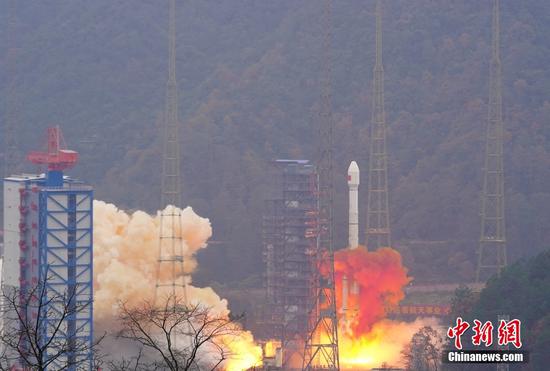
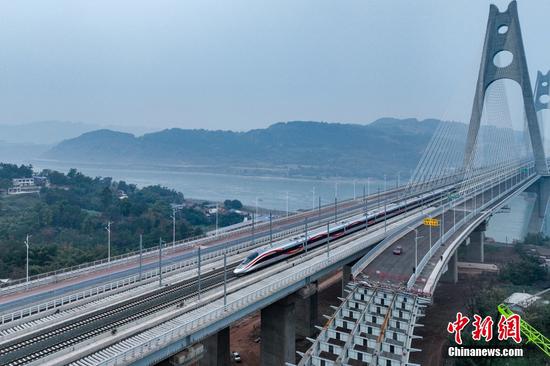




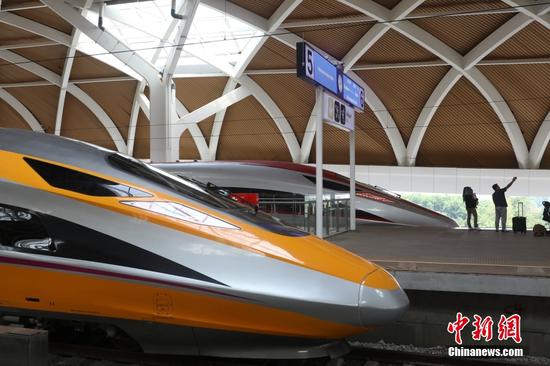




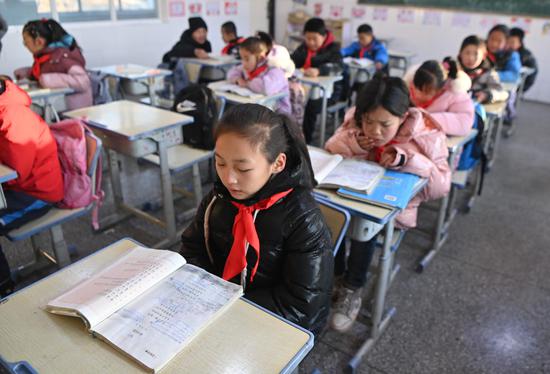







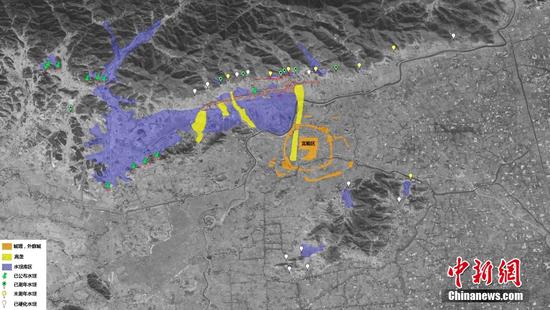














 京公网安备 11010202009201号
京公网安备 11010202009201号